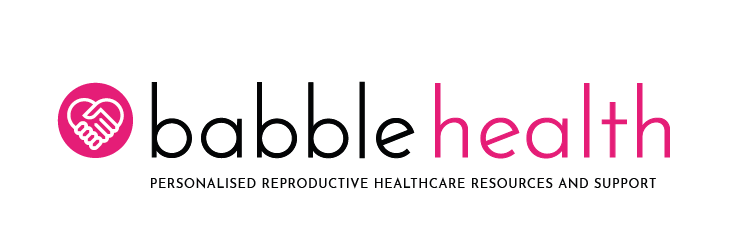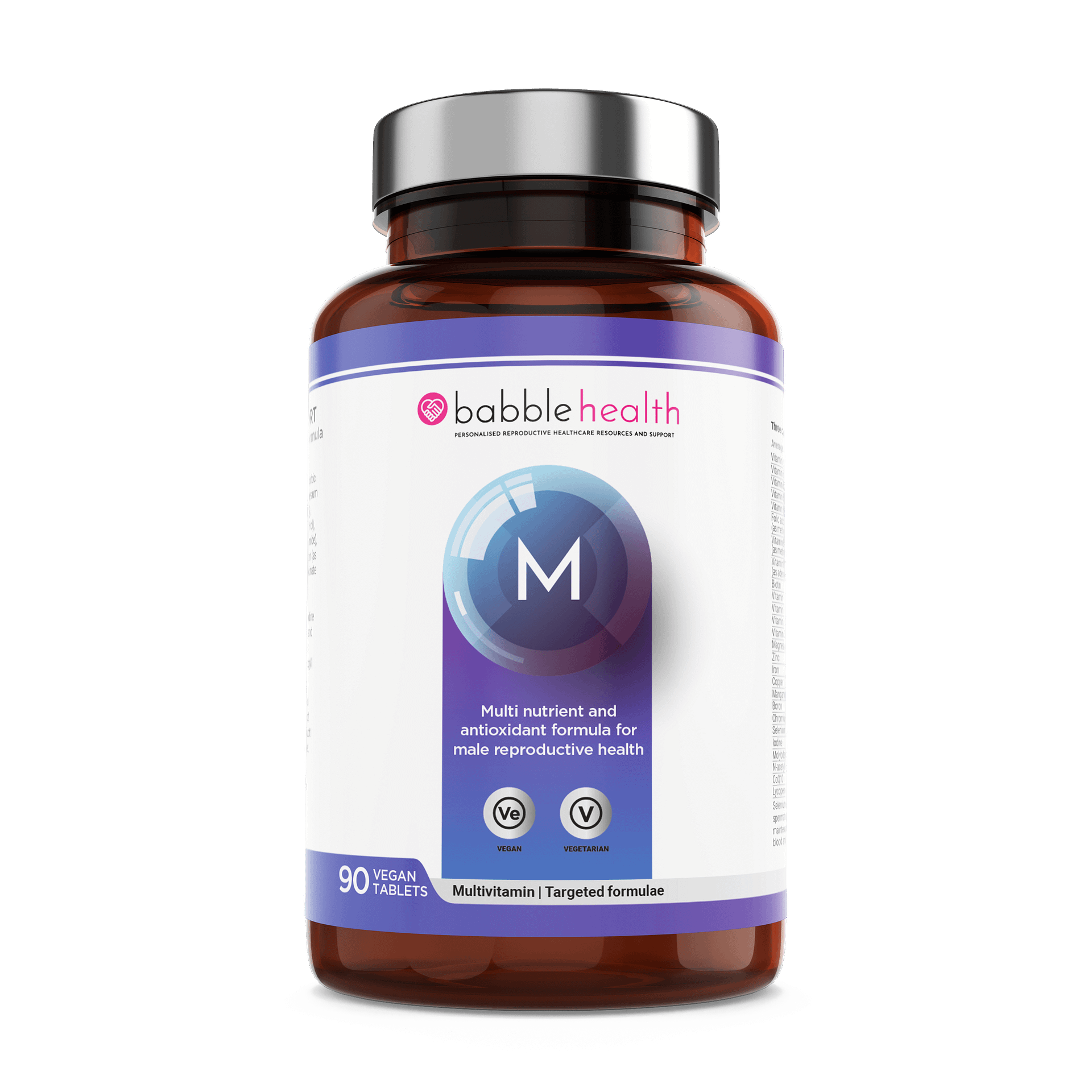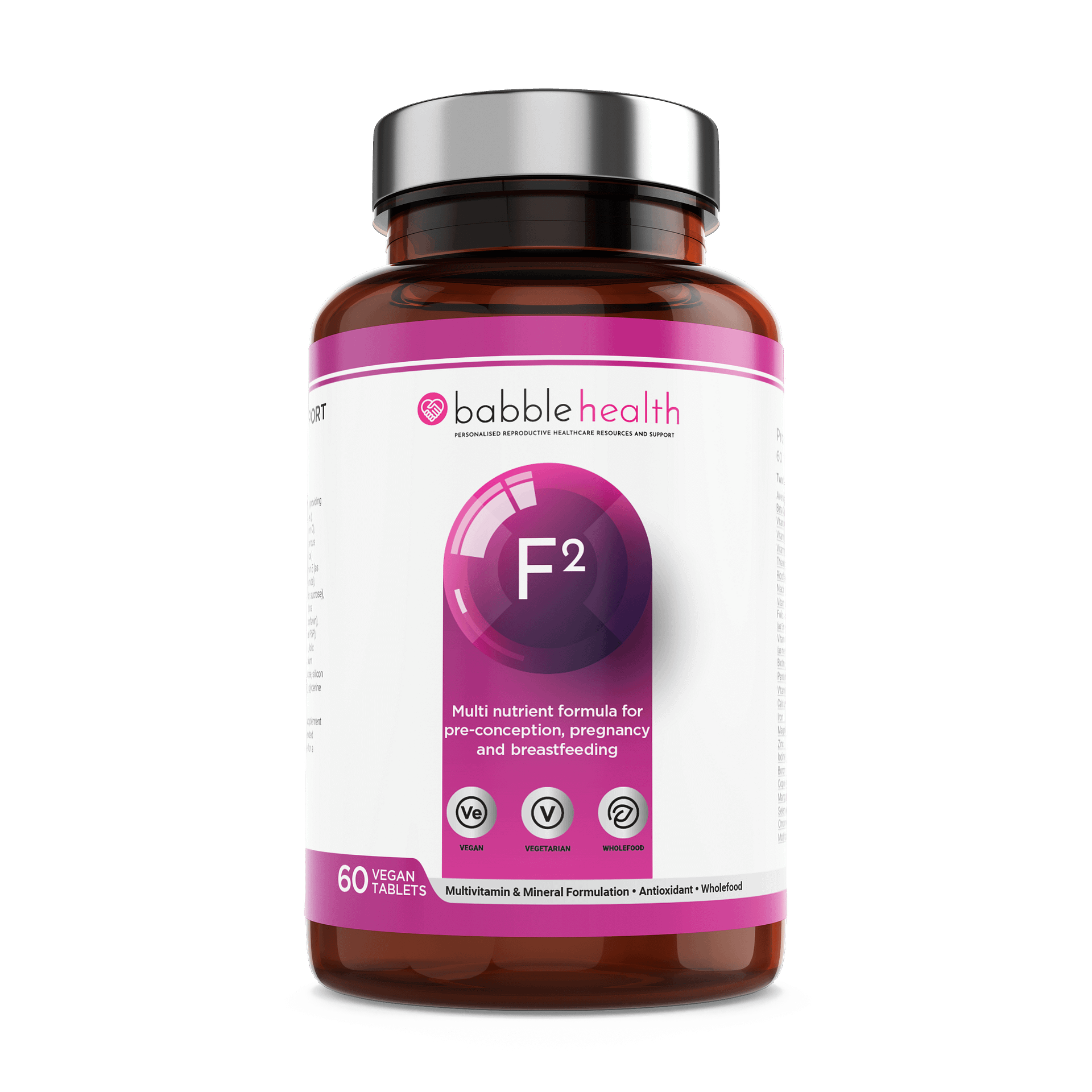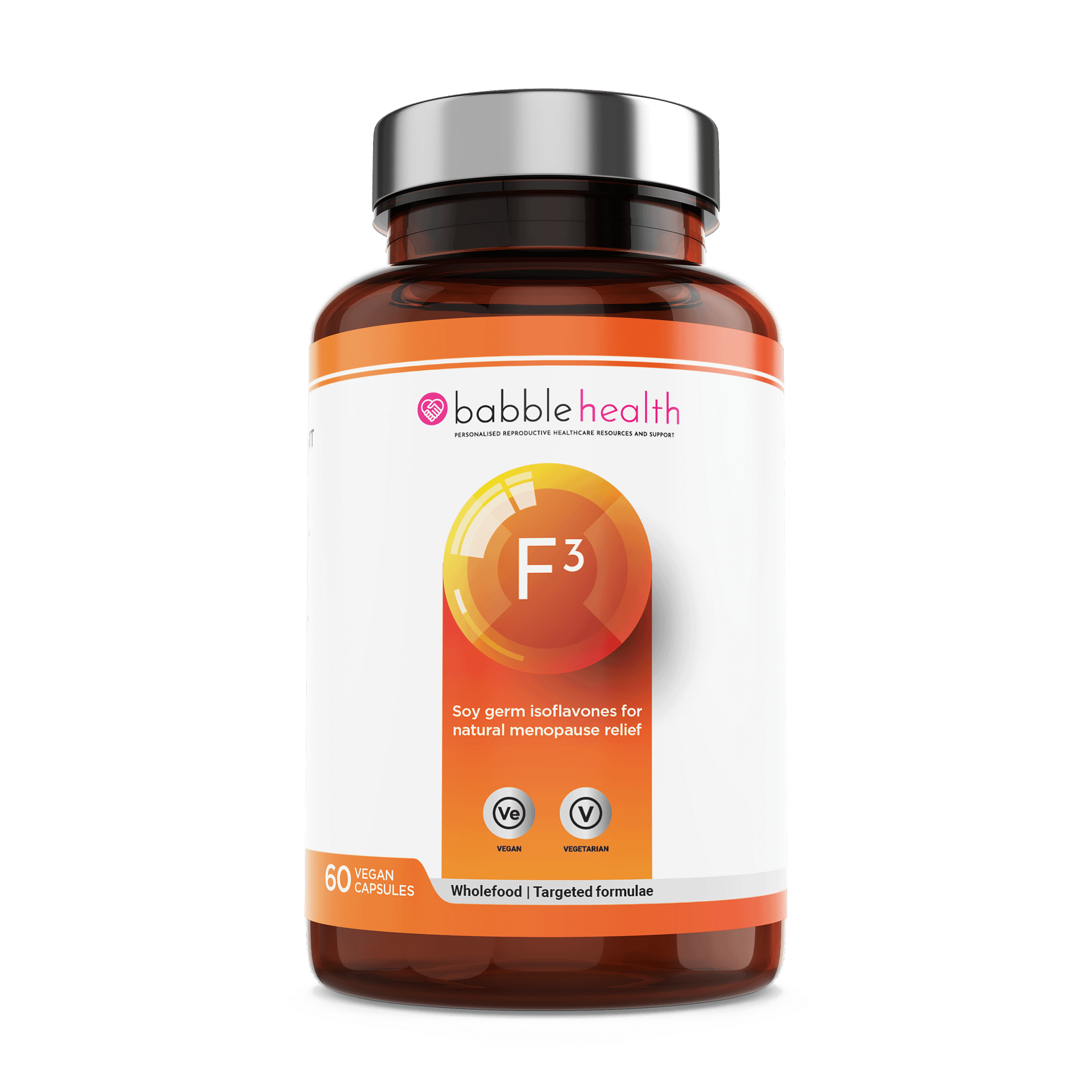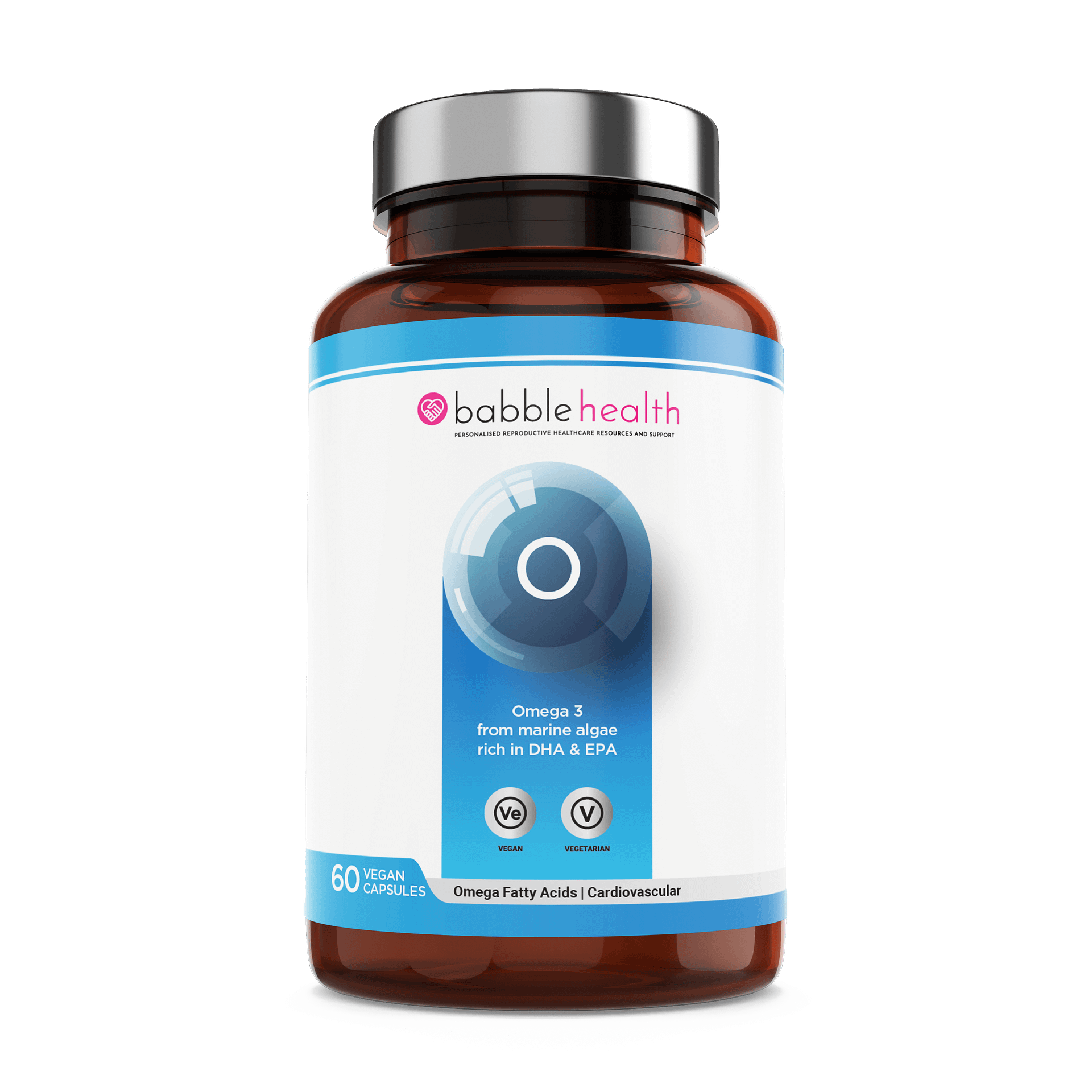Sue Bedford (MSc Nutritional Therapy)
Watercress is a rich source of the vital B vitamin Folate, which is crucial for DNA duplication in egg and sperm cells and in the prevention of neural tube defects. Watercress is also a great source of vitamins C and E, powerful antioxidants, which have been linked to improving sperm quality and quantity. Watercress is also a great source of magnesium the ‘happy’ mineral linked to lifting mood. Watercress is naturally low in fat. The little polyunsaturated fat it does contain has a high proportion of the essential fatty acid alpha-linolenic acid (ALA), part of the omega 3 fatty acid family, which is important for hormone balance and reducing inflammation. The non- haem iron found in watercress helps in the prevention of anaemia and has also been linked to reducing the symptoms of Pre Menstrual Syndrome (PMS). So why not try to include more wonderful watercress in your daily diet?
Watercress soup
225g (8oz) watercress, roughly chopped
450ml (16fl oz) vegetable stock
1 onion, chopped
2 teaspoons Olive oil
1 leek, trimmed, washed and thinly sliced
1 large potato – diced
450ml (16fl oz) milk of your choice (just use water if you don’t like milk)
Freshly ground black pepper or freshly grated nutmeg, to taste and garnish
To make
Heat the olive oil in a large saucepan; add onion and leek and cook over medium heat for 4-5 minutes or until softened, stirring occasionally. Add potato and watercress; cook for a further 3 minutes or until watercress wilts, stirring occasionally.
Stir in the stock and milk. Bring to the boil; reduce heat and simmer, covered, for about 20 minutes or until potatoes are cooked and tender, stirring occasionally.
Remove pan from heat; cool slightly. Puree soup in blender or food processor until smooth; return soup to rinsed-out pan. Alternatively, use a hand-held blender to carefully puree soup in pan until smooth. Reheat soup gently until hot, stirring occasionally. Season to taste with black pepper or nutmeg. Serve and enjoy!

